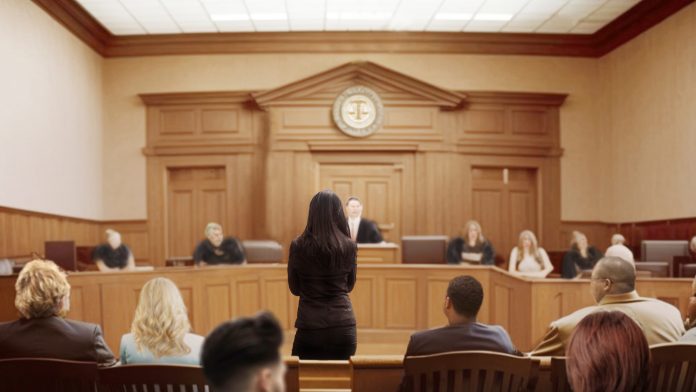On June 20, 2025, the U.S. Supreme Court issued a ruling that makes it easier for small businesses to challenge federal regulations in court. The decision reversed a prior ruling from the D.C. Circuit Court that had limited legal standing for businesses not directly regulated by government actions.
The case, Diamond Alternative Energy, LLC, et al. v. Environmental Protection Agency, involved Clean Air Act waivers but has broader implications. By restoring a less restrictive standard, the Court allows businesses indirectly affected by federal rules to bring legal challenges without needing to prove direct harm. This shift could impact how agencies such as the EPA and others approach regulatory enforcement, knowing affected businesses now have a clearer path to judicial review.
The ruling is a notable development for entrepreneurs navigating complex regulations. Many rules aimed at broader industries can still impose costs or restrictions on small businesses. With this decision, owners have a more practical route to contest regulations that could hinder operations, competitiveness, or growth.
Organizations like the National Federation of Independent Business (NFIB), which supported the plaintiffs, welcomed the decision. NFIB is actively involved in dozens of legal cases focused on protecting small business interests and views this ruling as a step toward fairer access to the courts.
For business owners, the decision means a reduced legal threshold to initiate challenges, though litigation may still be costly and time-consuming. It does not eliminate existing regulations but offers a more balanced framework for contesting them when necessary.
Small businesses are encouraged to remain informed about applicable federal rules and consider available legal or advocacy resources when those rules appear to threaten their viability. The ruling underscores that they are not without recourse when facing potential regulatory overreach.



 ASBN, from startup to success, we are your go-to resource for small business news, expert advice, information, and event coverage.
ASBN, from startup to success, we are your go-to resource for small business news, expert advice, information, and event coverage.